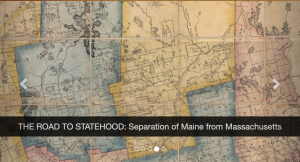by Rebecca Johnston
Many United States citizens have become more interested in politics in the last year, spurred on by such events as the 2020 Presidential election and January 2021’s attempted capital insurrection. Because of these new conversations around civic …

